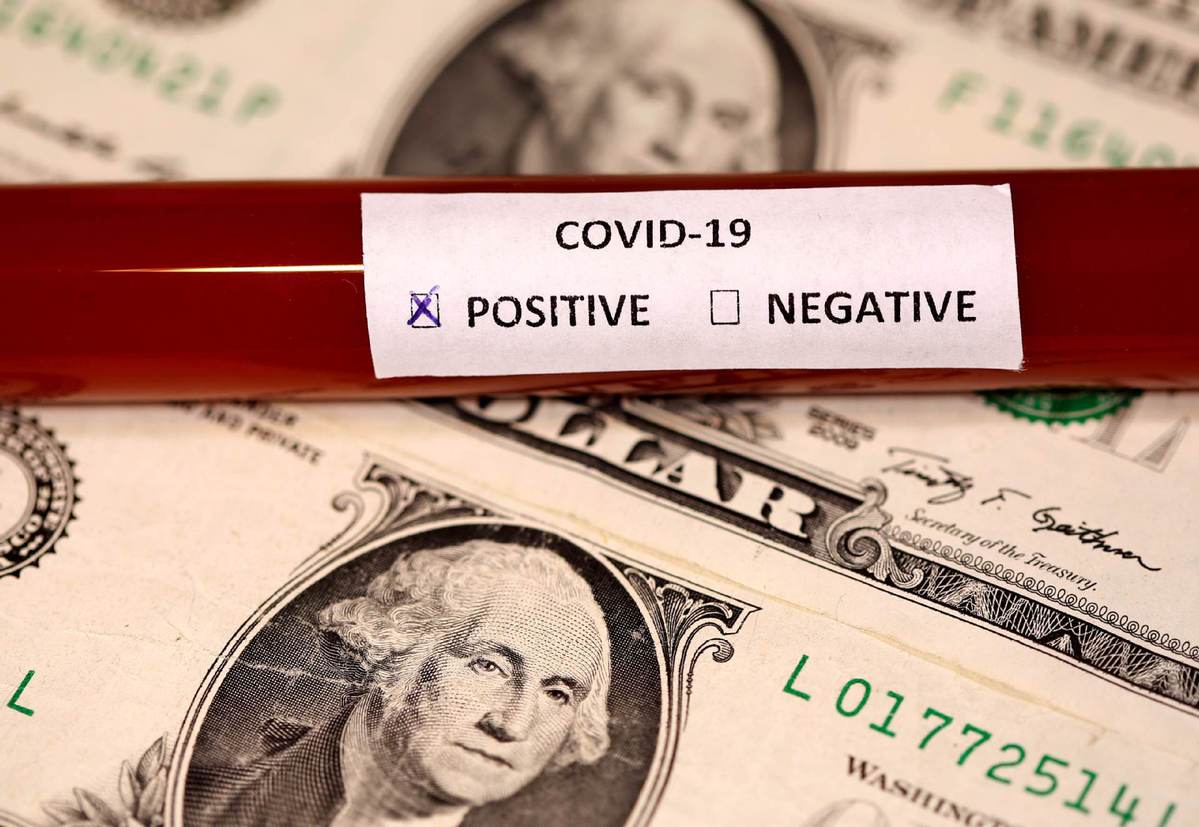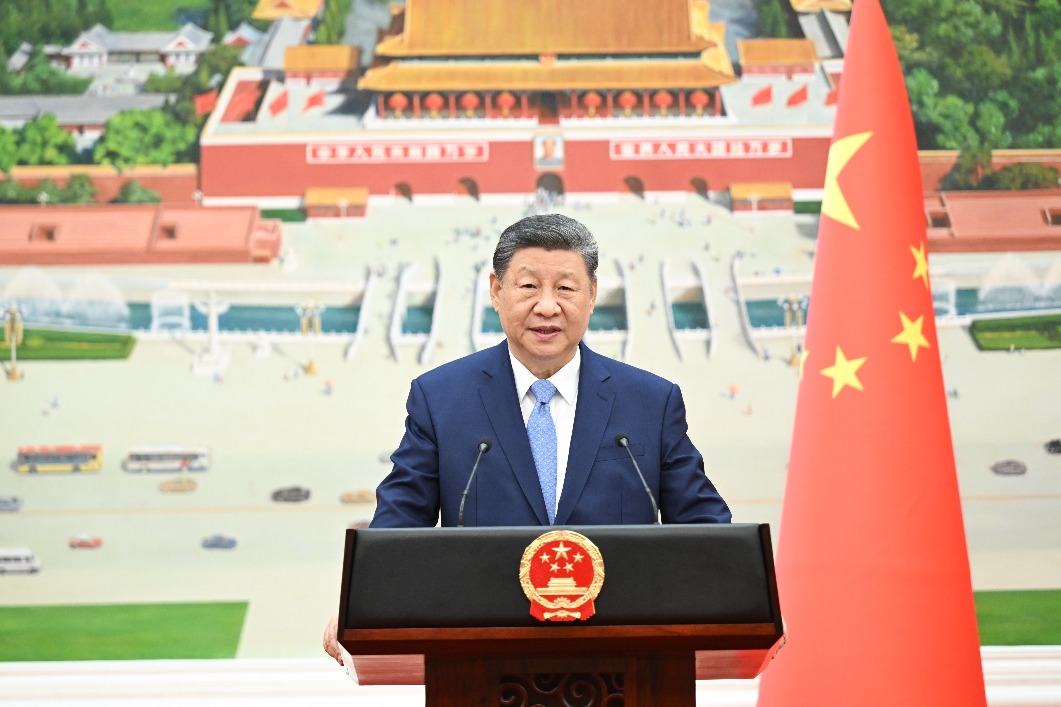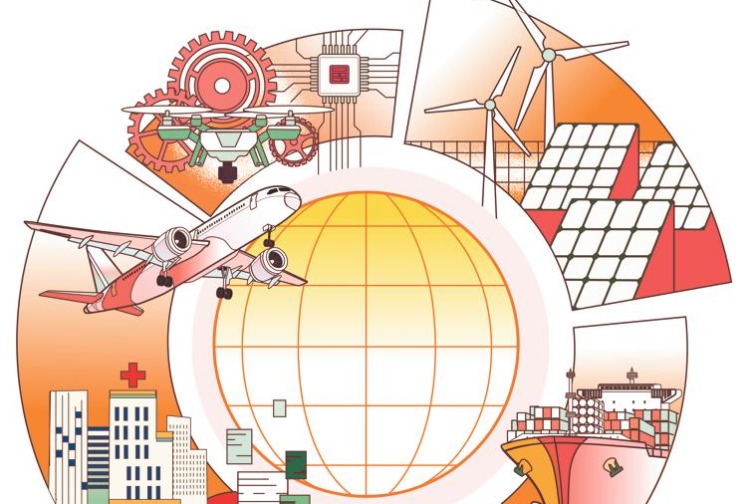US should tackle virus first, then economy


The United States Federal Reserve recently pledged to buy unlimited amounts of government bonds and, for the first time ever, even corporate bonds and include purchases of agency commercial mortgage-backed securities in its agency mortgage-backed securities purchases.
It also announced a Main Street Business Lending Program to lend directly to small and medium-sized businesses. These measures and the trillion-dollar financial rescue plan the US Congress is considering show that the US financial market's risks are far greater than imagined and the Fed is no longer considering a long-term plan to stabilize the market. But by aggressively expanding its balance sheet, the Fed will end up raising the US' sovereign credit risk.
This is not the time for an all-out intervention by the Fed. The US government has so far failed to work out a way to tackle the novel coronavirus outbreak's fallout. At present, copying China's model of mandatory quarantining and testing can help in judging the scale of economic losses. But the US is instead focusing on economic development. While many places in the US are urging people to quarantine themselves, the fear of rising joblessness has spooked the White House and President Donald Trump says he wants the country to go full steam ahead by mid-April. It believes the novel coronavirus will not subside quickly but forcibly quarantining people will bring unbearable economic consequences.
That means, the US government could take more modest anti-epidemic measures to prevent an economic shutdown. But this approach will only worsen the epidemic situation in the US, triggering uncontrollable economic losses. Also, the Fed's across-the-board intervention in the market may not help resolve the problems, but only cause them to snowball and deal a blow to the US economy and threaten the status of the US dollar.































